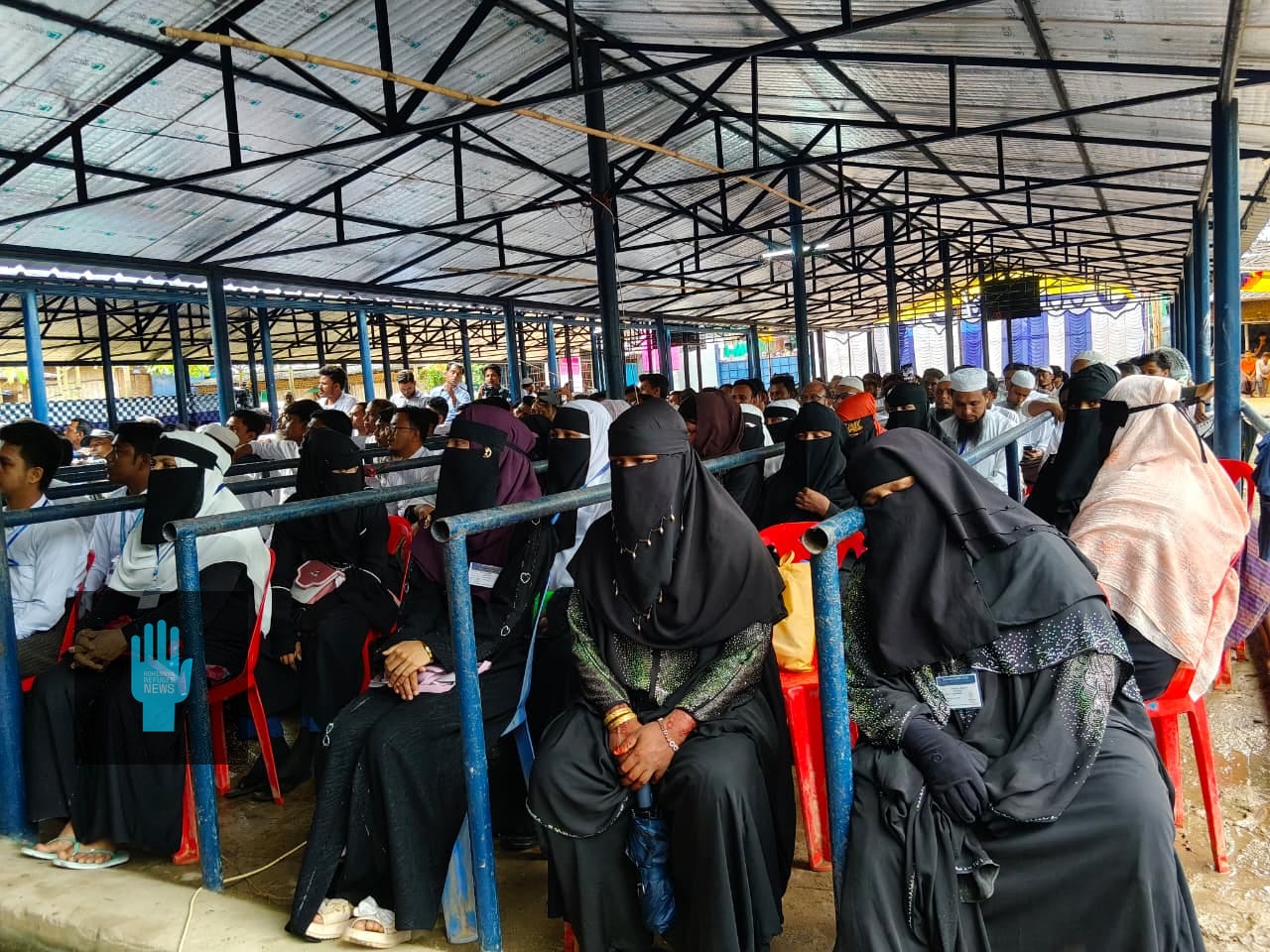The Story behind the United Council of Rohang
Bangladesh's script for Rohingya leadership

Update (Dec 2025): The United Council of Rohang has since renamed itself the United Council of Rohingya. This article refers to the organisation under its former name.
The new United Council of Rohang (UCR) is being promoted as the first democratically elected Rohingya leadership body - a supposed milestone in refugee self-representation. But my investigation in The Diplomat shows that this experiment was tightly scripted by Bangladeshi authorities from start to finish.
Only 3,693 hand-picked voters took part across “33” camps, representing a fraction, just 0.3 percent, of the Rohingya population. From them, a small Congress selected 28 executive members (0.003 percent) and five rotating presidents, all under the watchful eye of the Refugee Relief and Repatriation Commissioner (RRRC). Even those limited results were changed at will. Approved candidates were removed, replacements installed, and boycotts ignored.
Every stage from voter vetting to the final oath-taking required authorisation from the RRRC. Internal communications between the Convening Committee and the RRRC office shed light on how tightly the process was managed.
In those exchanges, the Convening Committee sought RRRC approval for the final list of executive members and presidents before announcing results. The RRRC office replied that certain names required “further review and adjustment,” effectively asserting its power to approve or replace. Several coordinators - including one involved in Camp 4 - said they were told to delay publishing the executive list until the RRRC had reviewed it. In a subsequent note, a senior RRRC official used the phrase “subject to RRRC concurrence” to describe the final confirmation of members.
These communications make clear that the RRRC’s role went well beyond neutral observation. It exercised active oversight and final authority over who could, and could not, sit on the UCR Executive Committee.
Behind the language of “participation” lies a familiar logic of control. The UCR gives Dhaka and its NGO partners a convenient interface - a “Rohingya-led” body that looks legitimate to donors but cannot act independently. It can sign letters, attend dialogues, and be showcased in reports, but it cannot question the system that governs every aspect of refugee life.
The article argues that the creation of such a body is less about refugee empowerment than about sustaining localisation narratives that donors and agencies continue to aspire to. In Cox’s Bazar, localisation remains an ambition for some actors, but it has been co-opted and hollowed out under government control. It is pretty much reduced to a bureaucratic performance of inclusion that stabilises the aid economy while keeping refugees politically voiceless. Real representation would mean the right to dissent, organise, and hold leaders accountable — none of which exist in the camps today.
Update December 2025: For background, see our explainer on the United Council of Rohingya (formerly United Council of Rohang).
